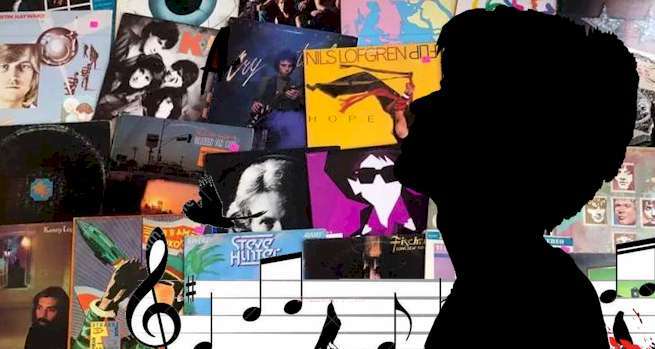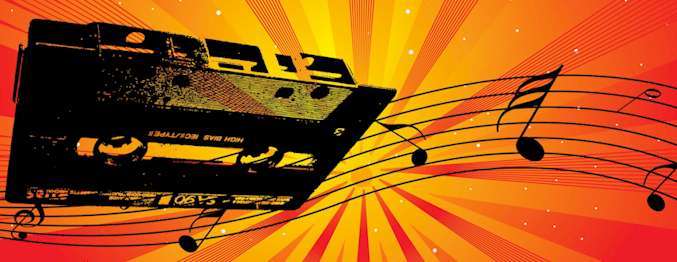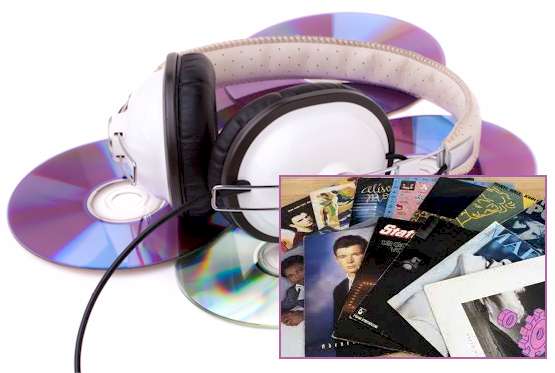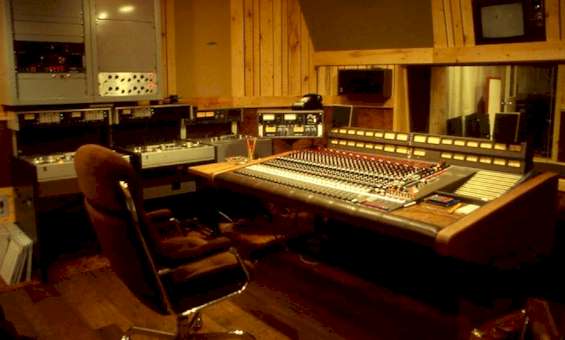Creativity is a primary human function. We were born to create, which is why music, art, and the humankind go so well together.
It is rare to encounter someone who does not love music. The listening, performing, or creating are all forms of taking pleasure from music. It makes music one of the most significant things invented in the history of humanity.
Today, due to digital technology, music has become more convenient, accessible, and diverse. One of the things we can enjoy is a studio album. It gives us the leisure to choose and listen to music, as much as we want.
Contents
What is a Studio Album?
A studio album is a collection of music tracks recorded from a studio. This might be the most ubiquitous type of album out there and the one that you have most likely encountered the most. The other types of albums are: a live album, a solo album, and a cover album.
Studio albums usually include new, recorded, or earlier released music tracks. Sometimes, music producers include remixes and live performances of the album. This can add a unique flavor to the product they are going to release and sell.

Some studio albums include song covers by the artist. Sometimes, a studio album also features a collaboration with guest musicians.
Making a studio album requires a lot of planning. It can take days, weeks, or even years to create one.
Producers and owners can re-release an album after its recording and selling years. This happens most of the time after an artist's death, or when they want to sell the artist's greatest hits.
Most music artists and producers prefer to create studio albums. It is an excellent choice for starters in the music industry. Since an album has a lot of songs, it can say a lot of things about the musician's artistry.
Try to find the high quality turntable with built in speakers.
How does Studio Recording work?
A recording studio is an equipped facility for audio production. The equipment enables you to control the recording, so you can produce the sound you want.
Inside the studio, you can cut unwanted sounds and manipulate the music. A noise-canceling microphone and isolated booths are also available. This gives your recording the needed control when making an album.

What is a Studio Album's Recording Session?
Decades ago, as a musician, it took a lot of time and effort to build your craft. Performing in bars and clubs every single night, waiting for a notable producer to notice you.
As our lives improve, the music goes along with it. Today, even amateur musicians
If you are an aspiring musician, a clean recording is a must for a well-exhibited craft. In the future, you might catch a producer's interest while watching your viral video. Who knows?
That is one of the reasons why a recording session is a studio is a good take. It does offer not only the gears, but also the talented engineers. This will give you the freedom to be creative.
The Interested Question: do you need a receiver for a record player?
Tips for your first Recording Session
1. Plan your recording sessions well.
A well-planned session includes time and money limits.
During a recording session, using only the facility might not be enough. Most of the time, engineers and technicians are also necessary when creating music. Make sure to budget your funds, and outline your record session's time, to save your resources.
You will also need to choose an appropriate studio for your needs. If you think that your session will take a long time to complete, opt for recording studios near you. This can help you save time and money when traveling to the studio.
2. Prepare your craft and the needed equipment.
Wrap up your song, instrumental, or cover at least a day before the recording.
Decide the equipment and instruments that you are going to use for your recording. Most recording studios supply their equipment, such as:

- Microphone - It is a recording apparatus used to capture sounds and voices. Aside from recording, microphones can also enhance, change, and amplify the singer's voice. There are also special microphones available to record sounds from acoustic instruments.
- Mixing Boards - It is a control board with panels and knobs. This board allows the engineers to control the sound's delay, volume, and effects.
- Effects Boxes - These are electronic items that can add an effect on instruments. Most effects cause delay, echo, and vibrato.
- One of the most common instruments used with effects is the electronic guitar. It can make the guitar sound "heavy", which is the perfect sound for rock and metal bands.
- Faders - These devices go along with the mixing board. Engineers use this device to reduce and amplify the volume needed during recording. Used most of the time in song endings, it makes the song quieter and fades until the end.
- Miscellaneous Music Supplies. Do not forget your guitar picks, cables, and drum accessories. The studio usually provides these, but not all the time.

3. Take time to practice.
They say that making a great musician takes time. Practicing can reduce the mistakes you make during a recording.
Studio recording time can be expensive. In every mistake, you need to start over. Preparation will make you less likely to mess up and waste money.
4. Communicate well with the experts.
Before your recording session, tell the engineers about your desired outcome.
Ask them about their genre expertise, experience, and previous clients. Also, coordinate the necessary adjustments and editing to polish your music.
5. Send your recorded tracks to a mastering engineer.
Their job involves adjusting the relative volumes of the recorded tracks.
They make sure that the track's volume, balance, and compression are proportionate. Experts recommend mastering for everyone who records in a professional setting.

6. Save and publish music.
You can keep your recorded
Now, you can do as you please with your masterpiece. You can share in on social media platforms, burn it on a CD, or send it to music industries.
Final Words
Making music is a creative process, but it doesn’t have to be tedious. Ask the talented experts about how you can improve your craft. Have fun with it, and look forward to the doors it will open for you.

HI, John Andrew here. I’ve been an audiophile since I was a little kid. I’m an original member of myaudiolover . It emerged as a way for me to share my passion and knowledge for audio technology. If you’re looking for tips, techniques, and insights about audio-tech, that can enable your productions that professional edge, then MyAudioLover is the place for you!


That’s a good idea to look for a local studio so you spend less time and money on travel. My friend is interested in recording a mixtape, and he wants to make as much as possible off of it. I should recommend that he goes with a local studio if he does so he can make the most of his time and money.